In the world of digital marketing, ad operations is a remarkably under-appreciated function. Part of the sell-side at most large publishers, ad operations teams are the backbone of a monetisation practice. Their role, put simply, has always been to make sure that publishers serve the right ads to the right audience at the right time, thereby delivering on their sales commitments, and locking in ad revenue.
However, ad operations has gone through wholesale changes over the last few years. In part due to the complex technology stacks used by publishers, and in part because of the dynamic nature of digital advertising, the role of ad ops professionals and teams is constantly evolving.
In this article, we explore the role of an ad operations team, both historical and present, and discuss how technology, regulation and the business environment are likely to see ad ops evolve still further over the next few years.
This article was written with inputs from a Voiro webinar, The Past, Present and the Future of Ad Operations, attended by Gibson Camson (Head – Ad Operations at Carousell Media Group), Bhavana Paddmannabhan (Head – Ad Operations at PhonePe), and Jithin George (Chief Product Officer at Voiro) and moderated by Kavita Shenoy (CEO at Voiro). We thank all our participants for taking the time to bring their expertise and thoughts to this discussion.
Ad Ops Over The Years
Ad operations have existed ever since the early days of the internet, as soon as websites realised that they could place banners on their homepages to earn a little money. Back in the day, and all the way up to the early to mid-2000s, the ad operations role was straightforward: with limited ad slots, small amounts of demand and basic creatives, it was all about making sure that websites met their commitments to their advertisers, and that banners were put up and taken down on time.
Fast forward to today, and things are very different. An average publisher deals with hundreds of campaigns running in parallel, if not more. Sold direct and programmatically. Bought by dozens of advertisers. Across a variety of properties, channels and ad formats, and delivering several different KPIs. Each of them bringing in revenue for the business; revenue that is at risk if the campaigns don’t deliver as committed.
It’s in this context that ad ops professionals have truly become managers of revenue in digital advertising businesses. No longer are they responsible just for data entry and campaign setup. A typical ad ops team now handles creative management and QA, campaign setup and flighting, optimization, yield management, billing, reporting and analytics, and much much more. Ad ops is, in effect, responsible for end-to-end management of ad campaigns with the sole objective of delivering revenue for a business.
The Role Of Technology
As with most other verticals, technology has influenced ad operations in a big way. The ad serving stack has become increasingly specialised, and it is not uncommon for publishers today to work with multiple ad servers, custom-made ad servers or multiple programmatic partners and ad networks.
Add to that the sheer volume of campaigns managed by a typical business, the importance of first-party and third-party data, and the downstream business functions and systems that depend on revenue data, and it is evident that ad ops is a tech function as much as any other.
However, although they are crucial to their businesses, these tech stacks also create their own problems. Multiple tech products usually result in inconsistent data across platforms. Inevitably, these products do not talk to one another, leading to manual work pulling numbers together. This then leads to inefficiency, cost, delays, errors and more. All of which are unacceptable when it comes to revenue data.
It is clear that tech stacks are only going to get more complicated, not less. Ad ops teams today need to be native users of complex technology and data, and these trends are here to stay.
The Future Of Ad Operations
It’s pretty evident that ad ops is no longer the tactical function of a few years ago. Thanks to its proximity to revenue, ad ops teams are already becoming more strategic; using tech to solve business problems and being an integral part of revenue growth. But digital media is constantly changing, and we expect that ad ops teams will encounter several new challenges over the next 2 to 3 years:
- Campaign volumes will continue to scale exponentially
- The variety of ad formats in play will grow
- Effectively using first-party data will be crucial, even more so than today
- Policy changes will take effect, both globally and at regional and national levels
- The pressure on businesses to grow revenue and keep margins high will only increase
Naturally, ad ops professionals will have to make sure they are equipped to handle every one of these problems. We expect to see high-powered ad ops teams consisting of data and technology ninjas; managing algorithms and data in addition to people and systems.
Understanding the changing direction of digital marketing will be critical, as will be keeping abreast of the regulatory and policy changes that the sector will inevitably see going forward.
Ad ops teams will index further towards the strategic side of business as publishers understand the value that comes from a deep understanding of revenue workflows and data.
Successful ad ops professionals will need to bring in the right mix of being analytical, experimental and curious. Driving efficiency will not be enough, and the best-performing publishers will need to lean on teams that are able to drive experiments, try new things, measure results, and work the tech to enable all of this, all in an effort to grow revenue.
What Do You Think?
It’s our mission at Voiro to improve the quality of life for ad ops professionals, equipping them with efficiency and insights so that they can do what they need to: focus on growth.
We’d love to hear your thoughts and opinions on this subject, or to talk to you if you’re a publisher and solving ad ops problems of your own. Visit our website or our LinkedIn, listen to our podcast on monetisation, or write to us at contact@oldsite.voiro.com. We’d be delighted to chat.






